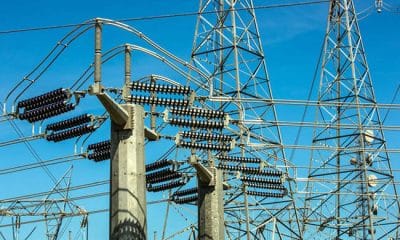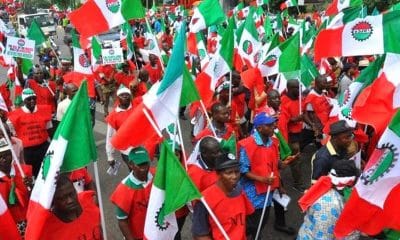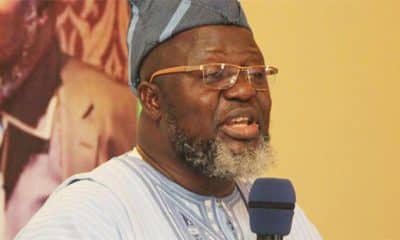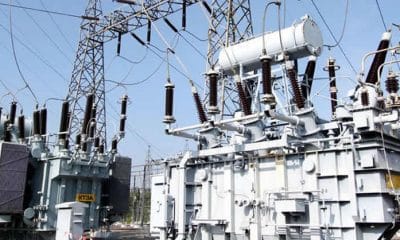Nigeria News
Tariff Hike Not Solution To National Grid Collapse – Expert Reveals

Amid the recurring issues of grid collapses in Nigeria, an energy expert, Kelechukwu Ogu, has expressed doubts about the effectiveness of the recent electricity tariff hike for Band A customers in addressing these issues.
Speaking with Naija News, Mr. Ogu highlighted corruption and a lack of willpower as the real challenges, rather than pricing adjustments.
Nigeria experienced its sixth grid collapse of 2024 earlier this week, with electricity generation plummeting from 2,583.77MW to a mere 64.7MW in just an hour.
This incident has reignited debates over the stability of the nation’s power infrastructure, which currently averages 4,000MW for approximately 200 million citizens.
The federal government has defended the tariff hike, arguing that it is necessary to acquire essential equipment to prevent further grid failures.
However, Mr. Ogu counters this claim by pointing out the lack of critical systems such as SCADA (Supervisory Control and Data Acquisition), which monitors the grid in real time, and adequate spinning reserves necessary for maintaining grid stability when primary power plants fail.
“So the problem with grid collapse is not about an increase in tariff; it is more about willpower to do the right thing and maybe corruption,” Mr. Ogu stated.
He explained that the absence of SCADA and sufficient spinning reserves are significant factors leading to frequent grid collapses. He also criticized the grid’s centralization, suggesting that a decentralized approach and real-time operational flexibility could enhance stability.
Discussing the capacity of Distribution Companies (DisCos) to meet the Band A requirements of providing 20 hours of power daily, Mr. Ogu was skeptical.
“If it is a function of generation capacity and that generation capacity is consistent, then there is a possibility that 20 hours of power supply can be delivered to Band A customers,” he noted.
However, he expressed concerns over the Transmission Company of Nigeria’s (TCN) capability to consistently handle over 5,000 megawatts daily, as claimed.
Mr. Ogu proposed that the new tariffs and Band A classifications would be tested in the coming weeks, as actual service delivery to designated areas will be monitored.
“You need to go there and survey the people there to see if they are getting up to 20 hours of power supply regularly over the next week, but personally, I do not think that the 20 hours daily thing would be consistent or is consistently going to happen across the board,” he concluded.










